
Members of Sydney’s Latin American community want the Organization of American States general secretary Luis Almagro prosecuted and the regional body abolished. Federico Fuentes reports.

Members of Sydney’s Latin American community want the Organization of American States general secretary Luis Almagro prosecuted and the regional body abolished. Federico Fuentes reports.
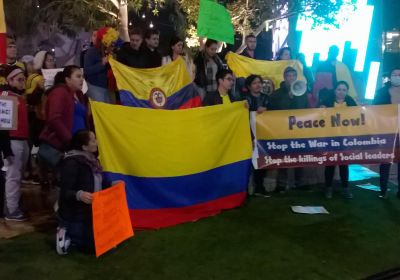
The Colombian community and allies rallied in solidarity with a national strike in Colombia, report Federico Fuentes and Chris Slee.
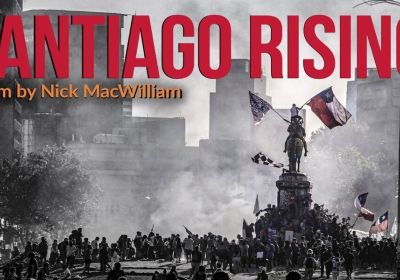
Santiago Rising takes viewers to the streets of Chile’s capital city as the 2019-20 protests unfolded, introducing them to the social movements, protesters and people behind the rebellion, writes Federico Fuentes.

Once at the centre of the region's left turn, Brazil has for the past two years been governed by a far-right president. Michael Fox spoke to Green Left about the significance of recent events there.

Federico Fuentes discusses contemporary politics in Latin America at the Socialist Alliance national conference on January 9.

Venezuela’s new National Assembly has been sworn in, ending five years of right-wing control of parliament. Socialist MP Melitza Orellana speaks about her key priorities and the challenges facing the new assembly.
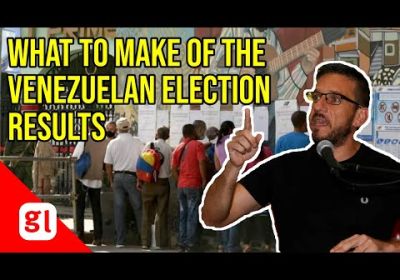
This interview with Federico Fuentes unpacks the issues around the December 6 national assembly elections in Venezuela.
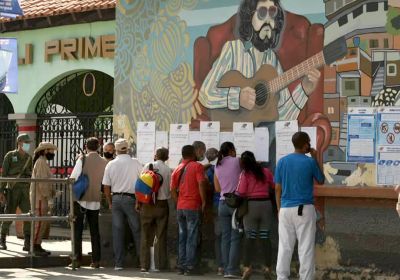
The United Socialist Party of Venezuela’s strategy has paid off, winning back control of the National Assembly in the December 6 elections. But it has come at a high price, writes Federico Fuentes.
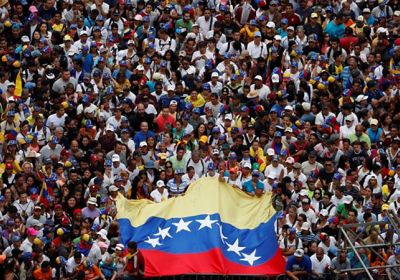
Venezuelans are set to vote in elections like no other in the country’s recent history when they go to the polls to elect a new National Assembly on December 6, writes Federico Fuentes.
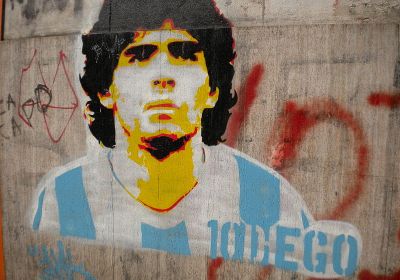
Diego Maradona will always be remembered as the football god who played on the side of the poor, writes Federico Fuentes.
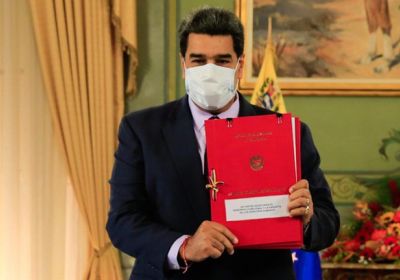
Venezuela has an anti-blockade law the government says will help circumvent US sanctions. But some argue it is a departure from the socialist policies of former president Hugo Chávez, writes Federico Fuentes.
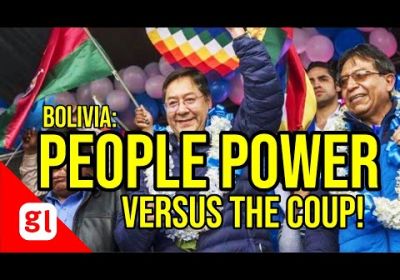
Green Left sits down with Federico Fuentes to discuss the Bolivian elections, the role and character of the Movement Towards Socialism (MAS) and why the coup was defeated.